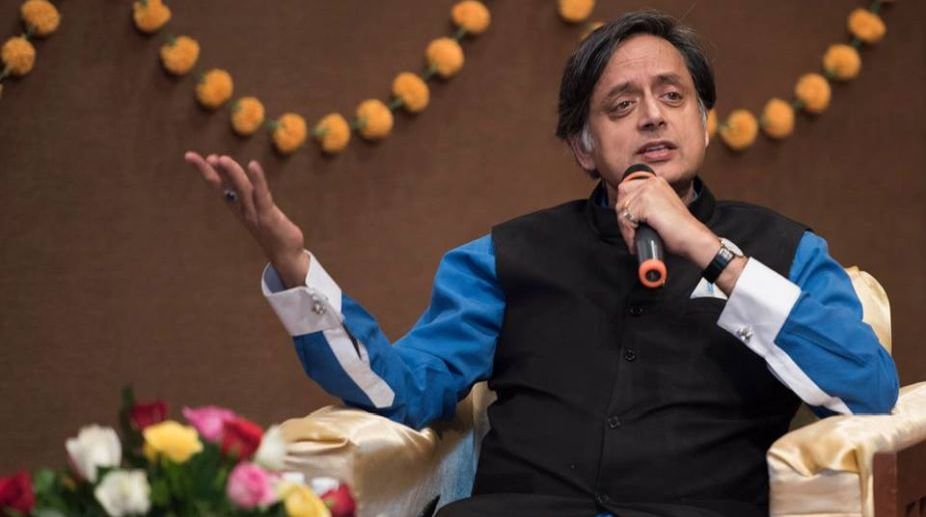The “grey matter” was never in doubt, proficiency in language-skills and flourish in delivery exhibited on several occasions in and beyond Parliament, yet in popular perception Shashi Tharoor was often seen as something of a “smart Alec”. That image, probably skewed, has been substantially erased by the role the Lok Sabha member representing Thiruvananthapuram played in putting an end to an unseemly controversy: facilitating a Class XII student to take his “board” examinations, and a Class XI girl to resume her studies. The controversy had arisen when the boy gave the girl what he claimed was a congratulatory hug after a musical performance, but the authorities of St Thomas Central School, Mukkolakkal, interpreted the incident very differently. There was little “innocent” to the gesture they deemed and both students were suspended. Appeals were preferred to the education department, and eventually the issue taken to the High Court. A needless mess and one that raised counter-queries about liberal social norms and the need for maintaining discipline in educational institutions. Matters were likely to snowball into ugly confrontation until Tharoor brokered a settlement at a meeting of the students, their parents and the school management. The victims/culprits will be permitted to pursue their academic interests, the school would hope its discipline-message ~ which was judicially endorsed ~ will have an exemplary deterrent effect.
The incident raises the large question of whether students in higher classes should be required to adhere to “parade-ground” norms of yesteryear. Times are changing and the “divide” between boy and girl students is being obliterated. Yet at what age-level can the revised thinking be deemed “acceptable”: students in many schools come from different social backgrounds and no common yardstick can be easily laid down. What about the impact of less-stringent mores on younger students? The teachers’ community could have an entirely different “take”, it is in the direct firing line when discipline breaks down. Those formulating the national education policy are now required to look far beyond the “three Rs”, their outlook must be progressive rather than regressive ~ inculcating healthy relations between adolescent boys and girls. Their understanding one another might actually have a positive fall-out on eve-teasing, crime against women etc. Tharoor did not seem to have broached those tricky issues, though his liberal outlook is unquestioned. What marks distinct his role in resolving the controversy is that as an MP he used his good offices to address a social problem, and it is unlikely that political dividends will accrue to him. That is the point ~ MPs are not just political entities, they could serve as social leaders too, act as a bridge across the many ills that divide society. An MP could opt to become a father-figure ~ though Tharoor is too young at heart to savour that description.
Advertisement









